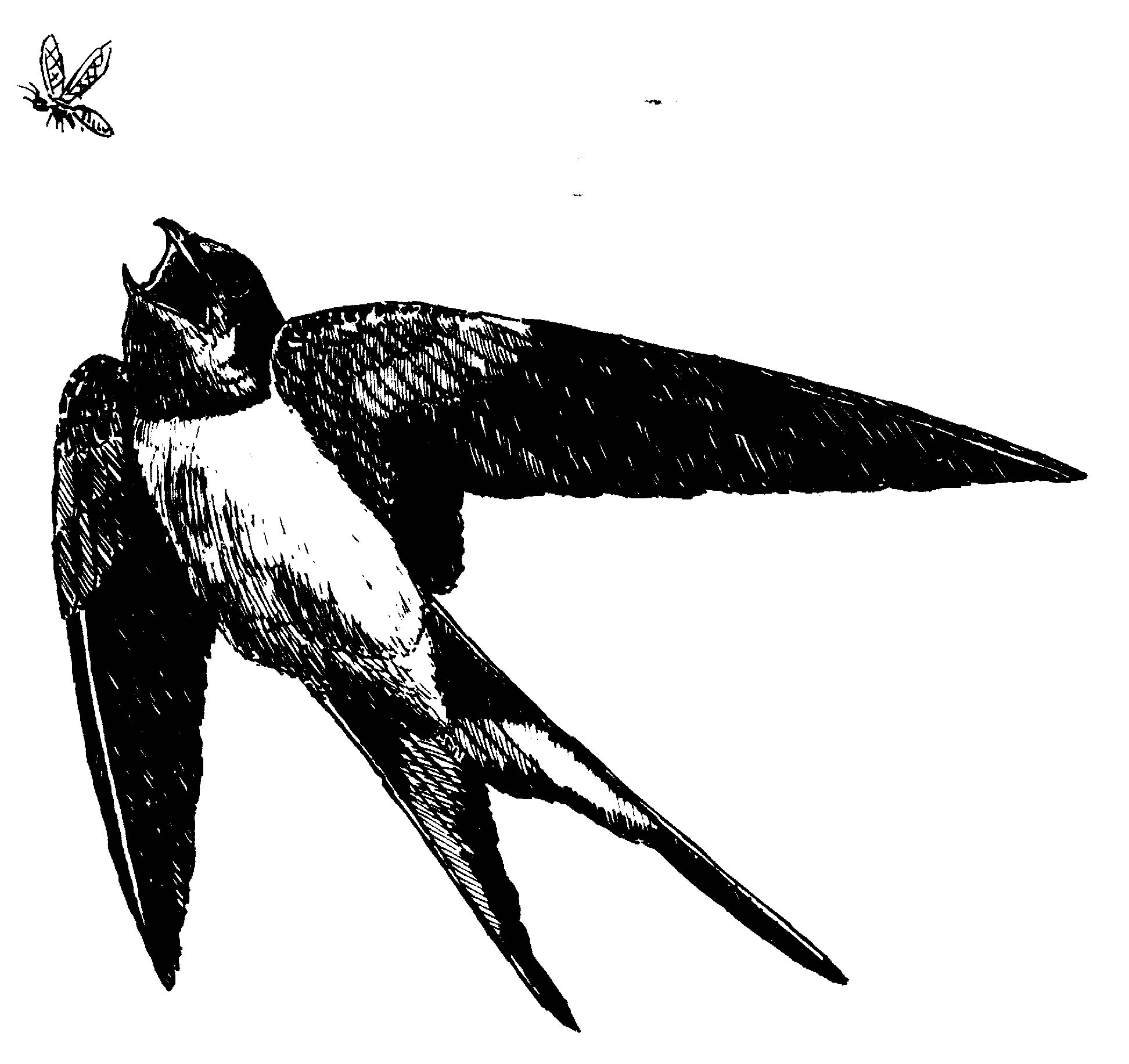Divination is a gift from the Gods, a way to contact the Gods directly through oracles and seers. It was something heavily relied upon in ancient Hellas, and in its mythology: many war, quests, and epics started with a visit to Delphi. Especially in Hómēros, divination by way of birds features heavily, and it has had my interest for a long while. Almost a year ago, I wrote about oiônoskopos for the Pagan Blog Project, in a post about oracles, seers and divination, and from that point on, I've been teaching the art to myself. Today, I would like to share what I have discovered.
 Oiônoskopos, like many of the divinatory practices, was considered a 'technical' or 'learned' art, opposed by 'natural' or 'unlearned' types of divination. Typically, natural divination was understood to include dreams and the reading of utterances of others or yourself, and to be the older and more reliable form of divination as these types were communicated more directly by the Gods. Aristotle and the Peripatetic philosophers found value only in natural divination. Technical means of divination was everything else; anything that depended on acquired human skills, such as the reading of entrails, the behavior of birds, or birthmarks. Most form of divination, called 'mantikē', playwright Aeschylus states in 'Prometheus Bound', were taught to us by Prometheus himself:
Oiônoskopos, like many of the divinatory practices, was considered a 'technical' or 'learned' art, opposed by 'natural' or 'unlearned' types of divination. Typically, natural divination was understood to include dreams and the reading of utterances of others or yourself, and to be the older and more reliable form of divination as these types were communicated more directly by the Gods. Aristotle and the Peripatetic philosophers found value only in natural divination. Technical means of divination was everything else; anything that depended on acquired human skills, such as the reading of entrails, the behavior of birds, or birthmarks. Most form of divination, called 'mantikē', playwright Aeschylus states in 'Prometheus Bound', were taught to us by Prometheus himself:
"And I marked out many ways by which they might read the future, and among dreams I first discerned which are destined to come true; and voices baffling interpretation I explained to them, and signs from chance meetings. The flight of crook-taloned birds I distinguished clearly—which by nature are auspicious, which sinister—their various modes of life, their mutual feuds and loves, and their consorting's; and the smoothness of their entrails, and what color the gall must have to please the gods, also the speckled symmetry of the liver-lobe; and the thigh-bones, wrapped in fat, and the long chine I burned and initiated mankind into an occult art. Also I cleared their vision to discern signs from flames, which were obscure before this." [477]





 When we last caught up with Hēraklēs, he had just completed his second labour: to slay
When we last caught up with Hēraklēs, he had just completed his second labour: to slay 












